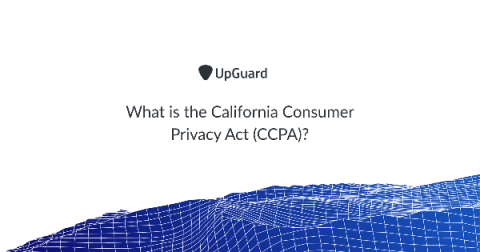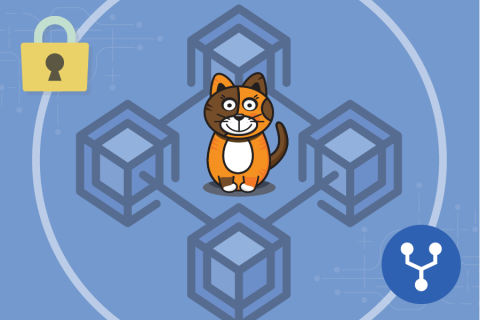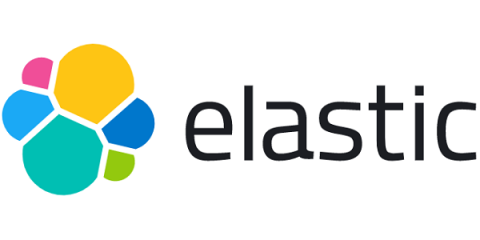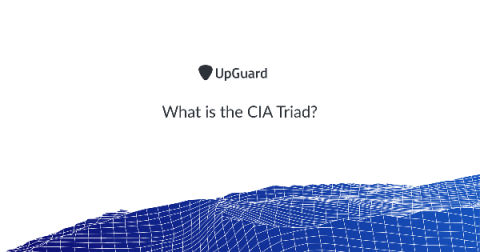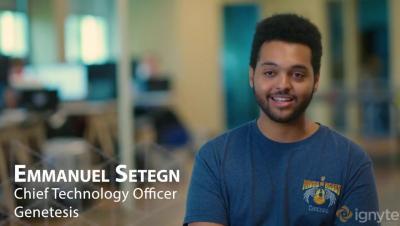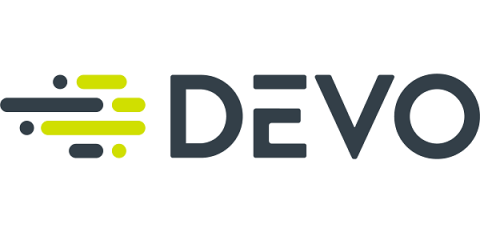What is the California Consumer Privacy Act (CCPA)?
The California Consumer Privacy Act (CCPA) or AB 375 is a new law that became effective on January 1 2020, designed to enhance consumer privacy rights and protection for residents in the state of California by imposing rules on how businesses handle their personal information. The CCPA is the most extensive consumer privacy legislation to pass in the United States and is akin to the European Union's General Data Protection Regulation (GDPR) and other data privacy laws and privacy regulations.


